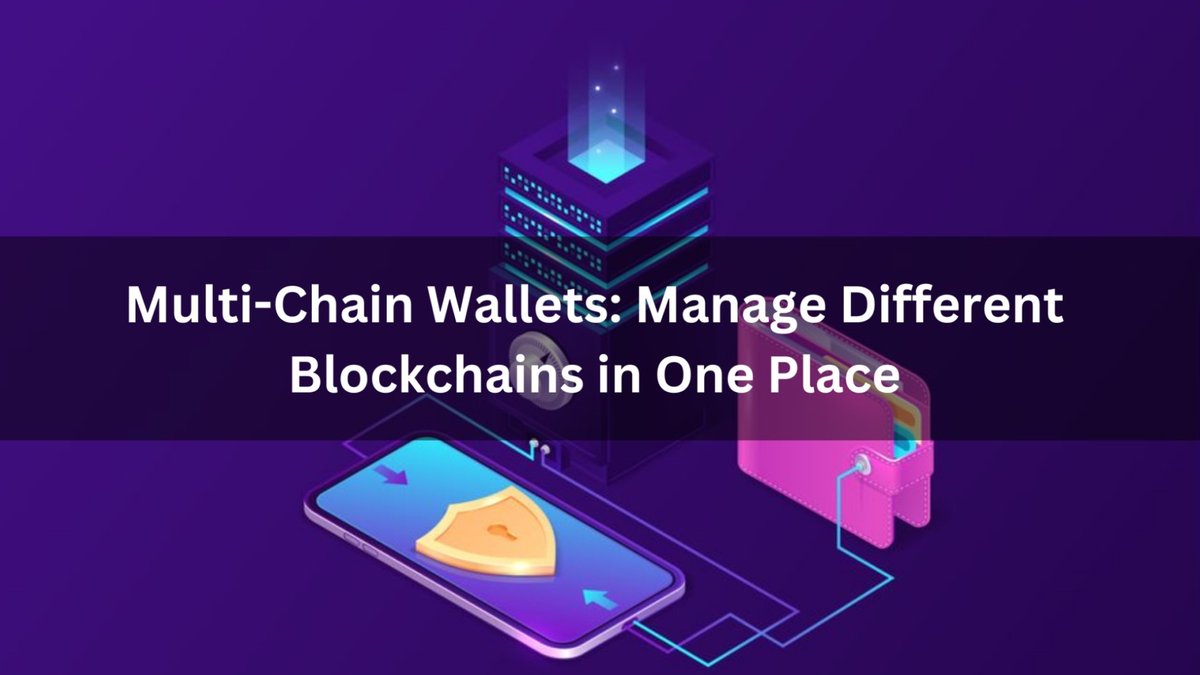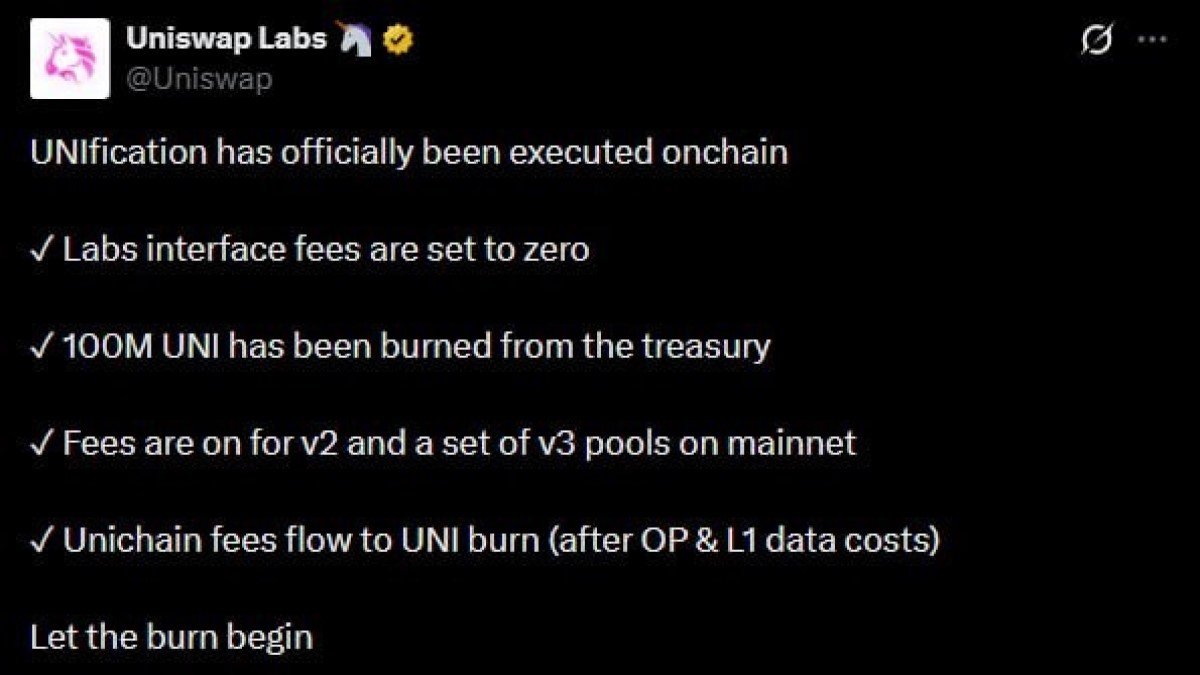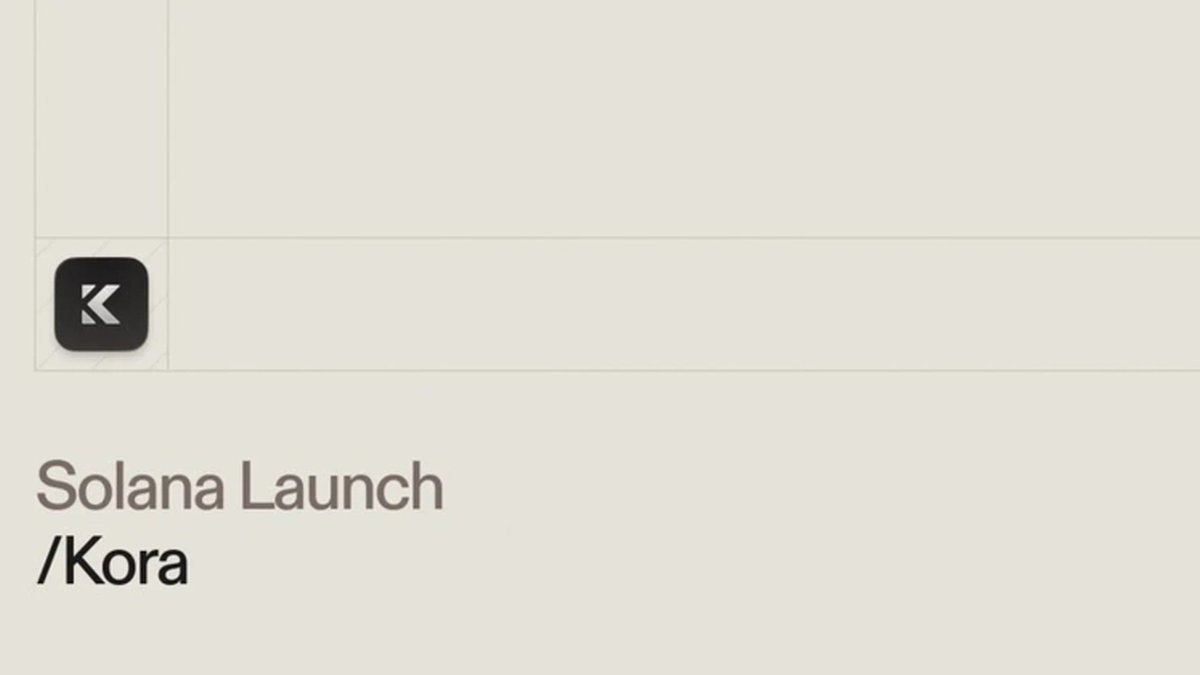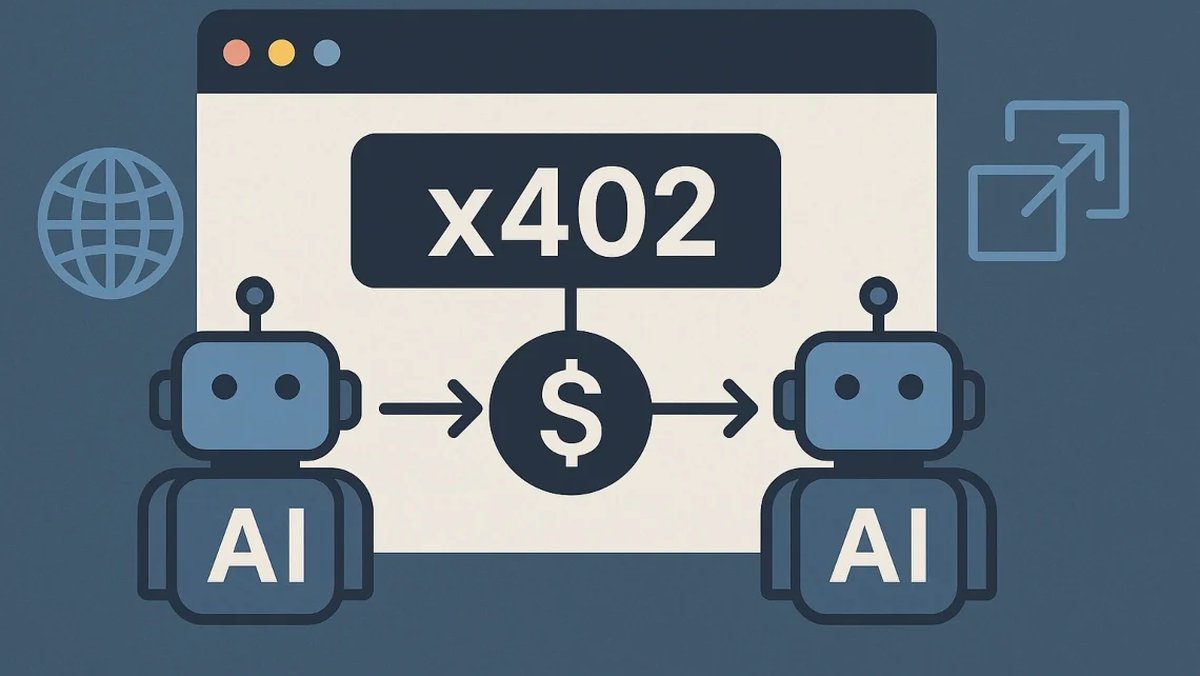Best Multi-Chain Wallets: Managing Digital Assets Across Ecosystems
The explosive growth of cryptocurrencies has created a fragmented ecosystem where thousands of tokens live across dozens of blockchains. Investors often hold assets not only on Bitcoin and Ethereum but also on chains like Solana, Avalanche, Polkadot, and Cosmos. This has fueled demand for multi-chain wallets—applications designed to seamlessly manage assets across different blockchains in one unified interface. These wallets are becoming essential for both beginners and advanced traders, enabling interoperability, security, and ease of use in an increasingly complex digital asset landscape.
Why Multi-Chain Wallets Matter
In the early days of crypto, most wallets were single-chain. Bitcoin users had Bitcoin wallets, while Ethereum users relied on Ethereum wallets like MetaMask. But as decentralized finance (DeFi), non-fungible tokens (NFTs), and cross-chain bridges proliferated, the inconvenience of juggling multiple wallets became apparent. Multi-chain wallets solve this by consolidating access and improving efficiency, while also reducing the risk of mismanaging private keys across platforms.
Leading Multi-Chain Wallets in 2025
1. MetaMask (with Multi-Chain Support)
Originally built for Ethereum, MetaMask has expanded to support multiple chains including Polygon, BNB Chain, and Avalanche. Its integration with decentralized applications (dApps) and DeFi protocols makes it a versatile option for Web3 users. However, advanced users may need to manually configure networks, which can be a barrier for beginners.
2. Trust Wallet
Acquired by Binance, Trust Wallet supports over 70 blockchains and thousands of tokens. It offers in-app staking, NFT storage, and DeFi access, making it a full-featured mobile wallet. Its user-friendly design appeals to beginners, while its wide asset support caters to seasoned investors managing diversified portfolios.
3. Exodus
Exodus is a desktop and mobile wallet renowned for its intuitive interface. It supports 250+ assets across different chains and includes a built-in exchange feature. Exodus prioritizes design and usability, making it suitable for newcomers, though advanced DeFi features are somewhat limited compared to MetaMask.
4. Coinbase Wallet
Coinbase Wallet stands apart from the exchange’s custodial services. As a non-custodial wallet, it supports Ethereum, Polygon, Solana, and other ecosystems. It allows users to store NFTs, interact with dApps, and transfer assets independently of the Coinbase exchange, offering flexibility for those who want both centralized and decentralized options.
5. Keplr
Keplr is a browser-based wallet focused on the Cosmos ecosystem but has expanded to other IBC-compatible chains. It is particularly popular among DeFi users exploring the Cosmos Hub, Osmosis, and other interconnected blockchains. Its strength lies in advanced governance and staking support.
Key Features of Multi-Chain Wallets
• Cross-Chain Compatibility: The ability to hold and transact across multiple blockchains without needing separate wallets.
• dApp Integration: Many wallets now connect seamlessly with DeFi protocols, NFT marketplaces, and decentralized exchanges (DEXs).
• Security: Hardware wallet integration and seed phrase backups remain essential for securing multi-chain wallets.
• Portfolio Management: Built-in trackers help users monitor assets across ecosystems in real time.
• Staking and Earning: Many wallets provide direct access to staking services, allowing users to earn passive income from their holdings.
Risks and Considerations
While multi-chain wallets improve convenience, they are not without risks. Integration with multiple networks increases the attack surface for potential security vulnerabilities. Users must also remain vigilant about deceptive credential-stealing scheme attacks, malicious dApps, and fake wallet apps. Furthermore, wallets that rely heavily on third-party bridges for cross-chain functionality may inherit vulnerabilities from those protocols.
Another consideration is regulatory compliance. Some wallets, especially those linked to major exchanges, may eventually enforce stricter KYC/AML requirements. Privacy-focused users may prefer open-source wallets that remain independent of centralized entities.
The Future of Multi-Chain Wallets
The next generation of multi-chain wallets will focus on interoperability and user experience. With innovations like cross-chain messaging protocols, wallets could soon allow seamless swaps across blockchains without requiring external bridges. Decentralized identity (DID) integration may also enable wallets to double as digital ID solutions. Furthermore, AI-powered features are being tested to help users optimize portfolio allocations, tax reporting, and yield strategies directly within wallet interfaces.
Investment Outlook
As crypto ecosystems expand, multi-chain wallets will continue to play a central role. For investors, choosing the right wallet is not just about convenience but also about long-term security and ecosystem alignment. Wallets that combine robust security, user-friendly design, and broad asset support are likely to dominate the market. Investors should experiment with multiple options and select one that matches their goals, whether that’s trading, long-term holding, or exploring DeFi.
Conclusion
Best Multi-Chain Wallets represent the convergence of usability and innovation in the crypto space. They empower users to manage assets across ecosystems without the headaches of juggling multiple wallets. As Web3 adoption accelerates, these wallets will become the foundation for engaging with decentralized finance, NFTs, and the broader blockchain economy. Choosing the right multi-chain wallet today is an investment in tomorrow’s digital financial infrastructure.
Further Reading and Resources
Fidelity Crypto | Altcoins | Best Crypto Apps
Frequently Asked Questions
What is a multi-chain wallet? A wallet that supports multiple blockchains, allowing users to manage various crypto assets in one place.
Are multi-chain wallets safe? Security depends on the wallet provider. Non-custodial wallets with hardware integration and open-source code offer the strongest protections.
Which wallet is best for beginners? Trust Wallet and Exodus are excellent starting points due to their simple interfaces and wide asset support.
Can I stake assets directly from a multi-chain wallet? Yes, many wallets offer native staking options for popular assets like ETH, ADA, and ATOM.
Will multi-chain wallets replace exchanges? Not entirely. While wallets enable asset management and dApp access, exchanges remain crucial for liquidity and fiat on-ramps. However, wallets are increasingly absorbing exchange-like features.






